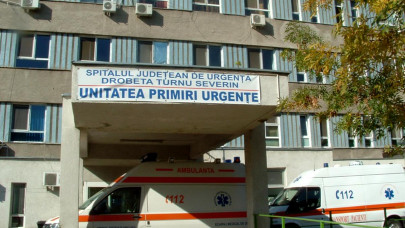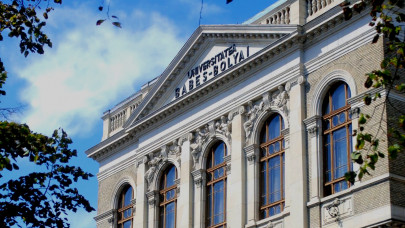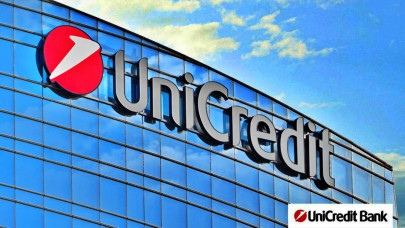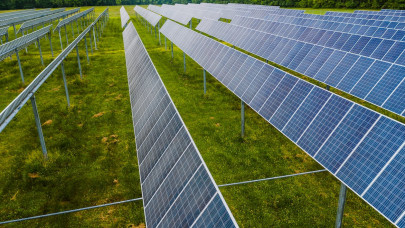Investments in energy efficiency in 2023 will reach record levels, despite a slowdown in year-on-year growth, as the high cost of capital has a significant impact on potential new projects. Under current expected and announced policies, investments related to energy efficiency could increase by another 50%.
To double annual progress, investment in the sector needs to increase from $600 billion today to more than $1.8 trillion by 2030.
The 8th Annual IEA Global Conference on Energy Efficiency convened 700 people from over 80 countries, including over 30 ministers and 50 CEOs, in Versailles to address how to accelerate improvements in energy efficiency. The event was hosted by French Energy Transition Minister Agnès Pannier-Runacher and IEA Executive Director Fatih Birol and was organized in partnership with Schneider Electric.
"Energy savings and energy efficiency are the simplest and most obvious answers to both the energy crisis and the climate crisis. They are some of the most crucial actions for clean energy transitions and that is why I was honored to be present at this important global conference. I am delighted to work closely with the International Energy Agency to strengthen the focus on energy efficiency worldwide," said Agnès Pannier-Runacher, Minister for Energy Transition in France.
Specialists also see a strong push behind energy efficiency.
“Countries accounting for more than 70% of global energy consumption have introduced new or improved efficiency policies since the start of the global energy crisis a year ago. We must now shift to a higher gear and double the progress of energy efficiency by the end of this decade," said Fatih Birol, Executive Director of the IEA.
The policy will have a critical role to play in the world's energy efficiency in the short, medium, and long term. The RePowerEU plan in Europe, the Inflation Reduction Act in the United States, and Japan's Green Transformation (GX) initiative are some examples of policymakers making constant efforts to meet energy efficiency goals. While various emerging and developing economies – including India, Chile, and South Africa – have adopted progressive measures to bring energy efficiency to the fore.
"Optimizing the way we consume energy is the priority of how we tackle the climate and energy crisis. We have all the ingredients. What we don't have is time: we simply cannot let more time pass before we fully implement the power of electrification and digital energy efficiency technologies," said Jean-Pascal Tricoire, Chairman of Schneider Electric.
The new IEA report shows how doubling down on energy efficiency efforts can also have positive spin-offs for society. Today, the sector employs tens of millions of people worldwide. With increased ambition, energy efficiency activities could lead to an additional 12 million jobs globally by 2030. Importantly, more efficient and lower energy demand supports faster progress towards universal access to modern energy and affordable in emerging and developing economies.
Shifting to efficient electrification by phasing out traditional biomass burning such as coal and wood for heating and cooking also brings multiple benefits in terms of improving air quality and health.














